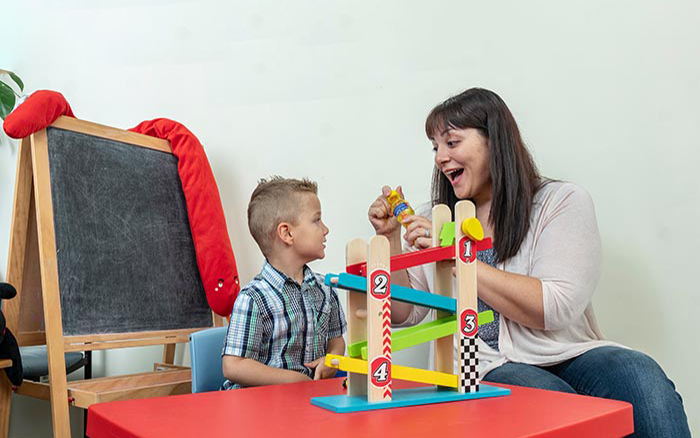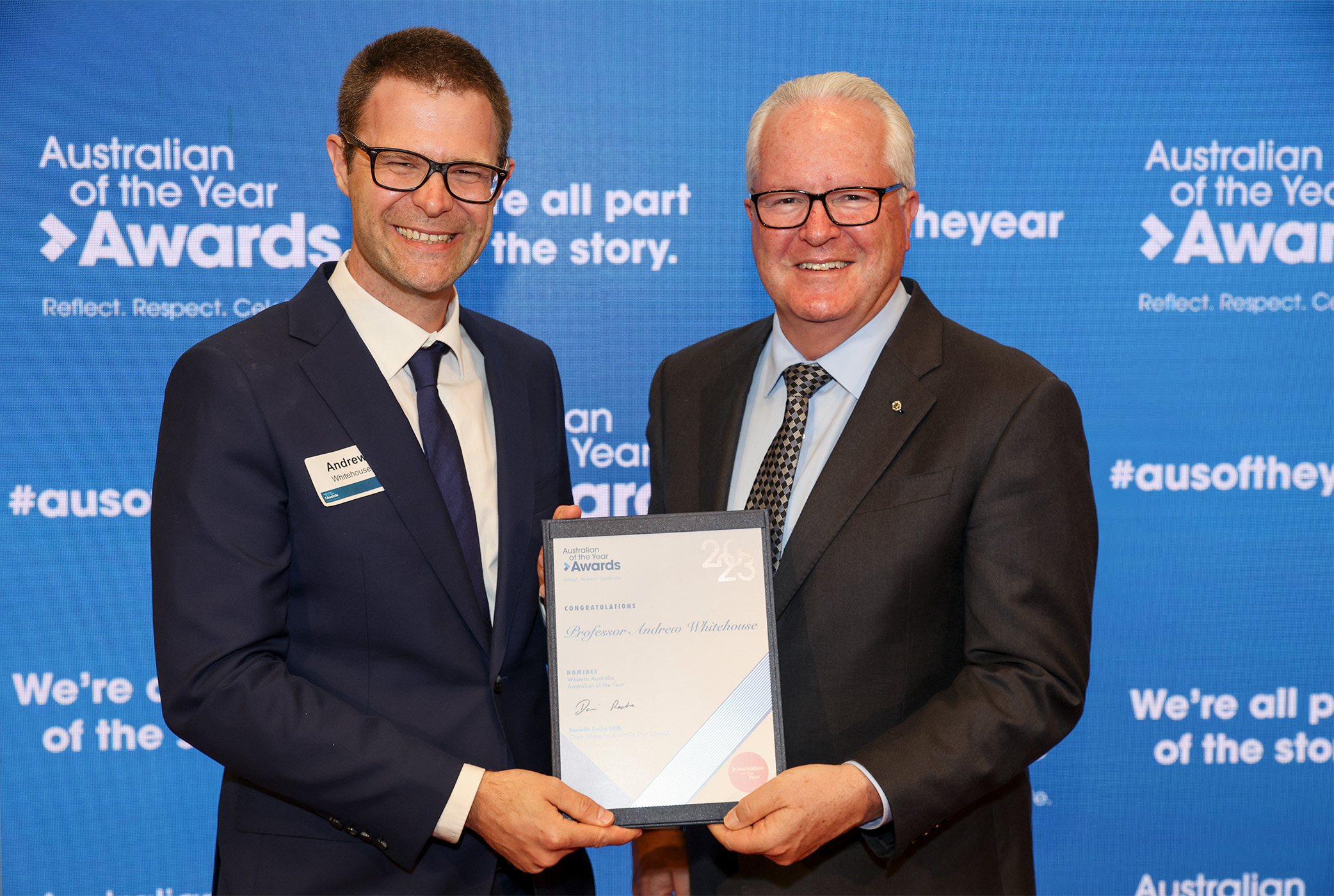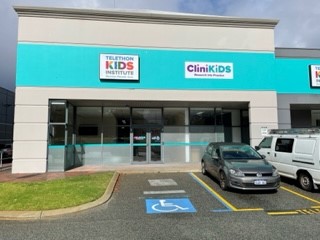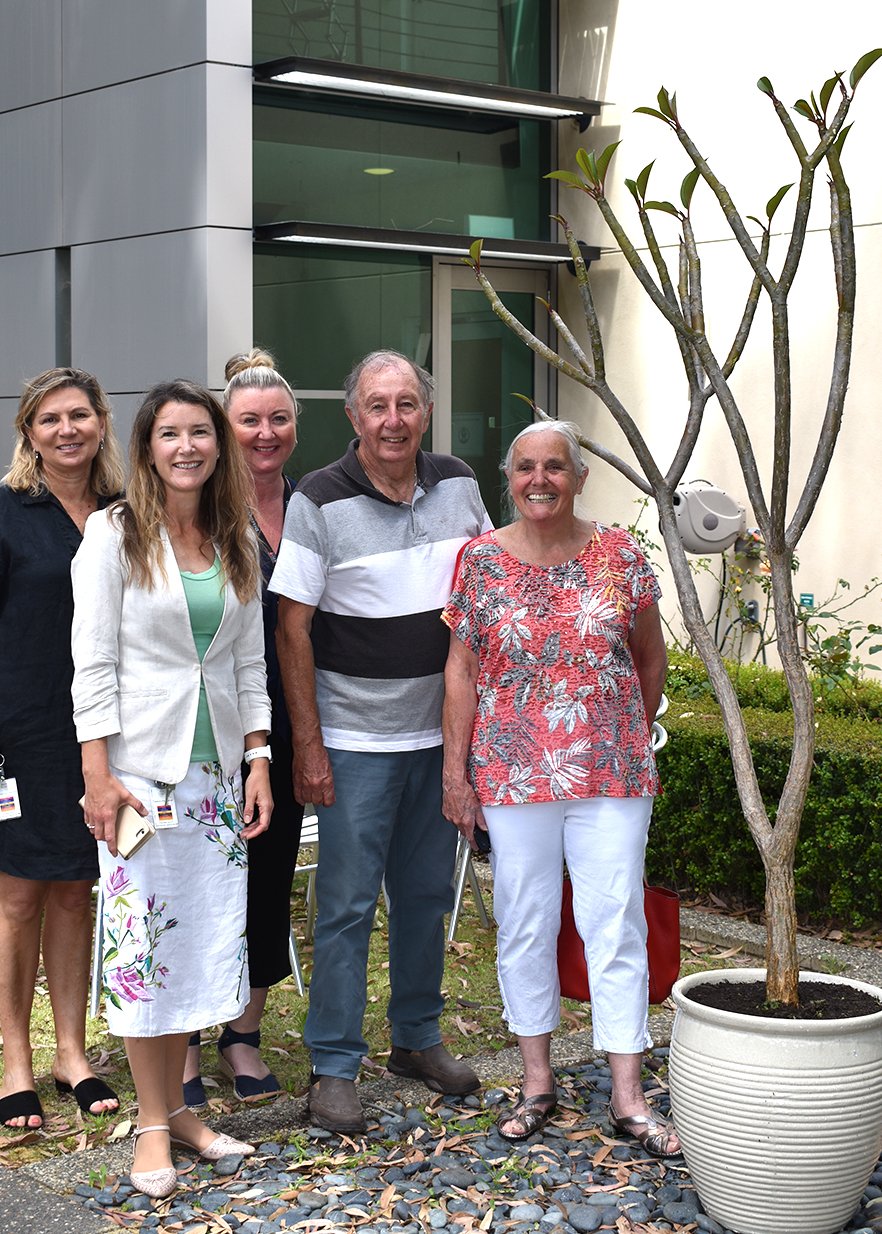Search

Join us in helping autistic kids live their best lives.
FAQ about CliniKids, The Kids' clinical service for children with autism and/or developmental delays, and their families.

News & Events
New Inklings program for babiesInklings is a new program at CliniKids which supports early social interaction and communication development in babies aged 6-18 months.

News & Events
Congratulations Andrew!Congratulations to CliniKids Director Professor Andrew Whitehouse on his recent nomination for WA's Australian of the Year Award.

News & Events
Joondalup clinic open for Term 4We are excited to announce that our new Joondalup clinic will be open at the start of Term 4!

News & Events
Frangipani for KateThank you to Dave and Marieke Taylor of the Rotary Club of Scarborough who have donated a frangipani tree from their own garden to CliniKids to honour our late colleague, Kate Sorensen.

News & Events
Embrace 2024 Big Idea winner announcedAssociate Professor Yael Perry, lead investigator Dr Blake Cavve (both The Kids Research Institute Australia) and Dr Julie Moore (PCH's Gender Diversity Service and UWA)

News & Events
New research examines dissociation in adolescentsNew research has uncovered how adolescents experience high levels of dissociation symptoms.

News & Events
Aboriginal artwork a reminder to 'walk slowly'An artwork created by Noongar artist Valerie Ah Chee encapsulates the importance of entrenching cultural safety for young Aboriginal and Torres Strait Islander people into WA’s mental health system.
